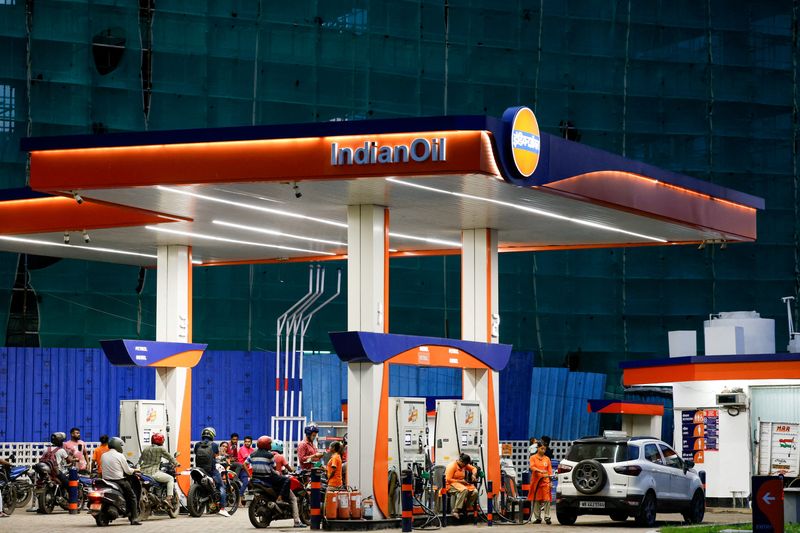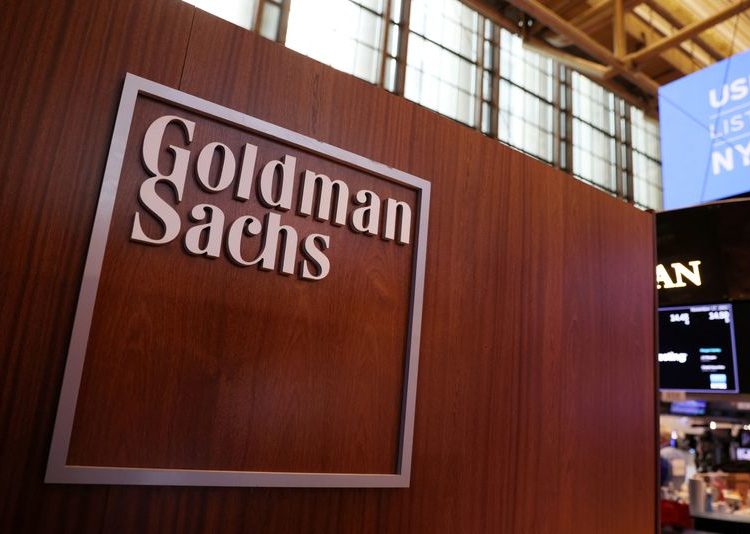By Aditi Shah
NEW DELHI (Reuters) -India’s roll-out of fuel blended with 20% ethanol will hurt a vehicle’s mileage by 2%-4% but is safe to use, a lobby group representing the country’s automakers said, aiming to assuage motorists’ concerns in the world’s third-largest car market.
India set a 2025 target years ago for 20% ethanol blending in fuel, called E20, as part of Prime Minister Narendra Modi’s focus on clean energy. But in recent weeks it has become the only choice at nearly all fuel stations, causing furore among drivers over its impact on vehicle performance and durability, especially older vehicles.
Using E20 fuel in older vehicles lowers mileage but is not a safety risk, P.K. Banerjee, executive director at the Society of Indian Automobile Manufacturers (SIAM), told reporters late on Saturday at a news event in New Delhi.
“Millions of vehicles are plying on E20 for quite some time now. Not a single vehicle breakdown or engine failure has been reported,” said Banerjee, adding that if issues arise, warranty and insurance claims will be fully honoured by companies.
SIAM represents India’s major carmakers including Maruti Suzuki, Hyundai Motor, Mahindra & Mahindra, Tata Motors and Toyota Motor.
More than a dozen executives from auto companies, fuel retailers and industry groups were present on stage, addressing questions from the media at the event on India’s ethanol-blended petrol programme.
Banerjee said claims of a 50% drop in fuel efficiency are unfounded and misinformed. Scientific studies conducted in a controlled environment show a 2%-4% decrease, putting a number to the reduction for the first time, he said.
However, driving in real world conditions can contribute to higher drops in mileage due to a variety of factors.
“On road it could be very different because of the way in which the vehicles are maintained and driven so that difference will be there,” said C.V. Raman, executive committee member at Maruti Suzuki, India’s biggest carmaker.
While India has been gradually rolling out E20 fuel since 2023, older blends, like E5 and E10, typically seen as more compatible with older vehicles, were also offered.
However, these older fuel mixes have now been removed from nearly all of the country’s 90,000 fuel stations, leaving drivers with just one choice – a decision that is unlikely to change.
In recent weeks, worried motorists took to social media over concerns about large fuel efficiency drops and confusing statements from carmakers. Carmakers first said E20 fuel had not been tested for compatibility with older vehicles, but backtracked later saying it is safe to use.
The post Indian automakers say ethanol fuel hurts mileage but is safe, as motorists complain appeared first on Reuters.




